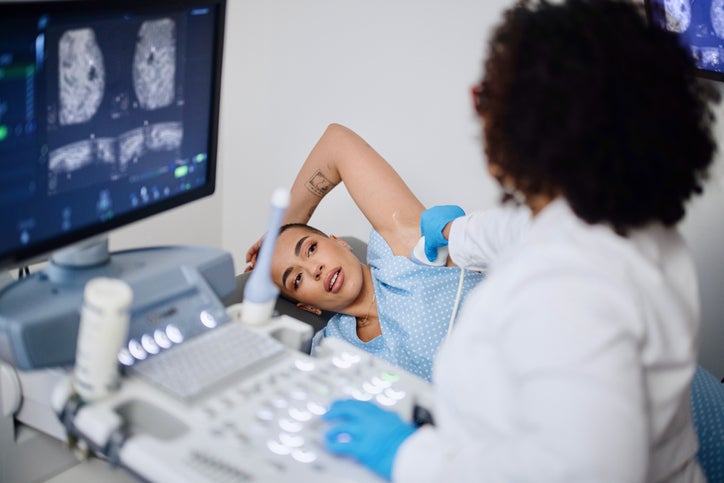
Kicking off this year’s American Society of Clinical Oncology’s (ASCO) conference, Novartis has released data supporting the use of its CDK4/6 inhibitor Kisqali (ribociclib) as an adjuvant treatment for a group of early-stage breast cancer patients.
Data from Novartis’ Phase III NATALEE trial show that adding Kisqali to endocrine therapy lowered the risk of cancer recurrence by 25% in patients with hormone receptor-positive (HR+)/HER2- early-stage breast cancer (EBC).

US Tariffs are shifting - will you react or anticipate?
Don’t let policy changes catch you off guard. Stay proactive with real-time data and expert analysis.
By GlobalDataA median study follow-up at 34 months in over 5,000 patients with HR+/HER2- EBC demonstrated that the adjuvant therapy, along with reducing cancer recurrence risk compared to non-steroidal aromatase inhibitor and goserelin therapy alone, led to improved overall survival. The data, unveiled at ASCO, which will take place 2-6 June, revealed a clinically meaningful invasive disease-free survival benefit across population subgroups. An adjuvant treatment is intended for patients right after surgery to reduce the risk of cancer recurrence.
The indication of clinical improvement across a broad population of patients regardless of disease stage, menopausal or nodal status, brings backing to Novartis’ blockbuster CDK4/6 inhibitor as a potential forefront treatment option for patients with early-stage breast cancer. More than 90% of patients with breast cancer are diagnosed as having early breast cancer and recurrence is high in those with stage II and stage III HR+/HER2- EBC.
In March, the company had announced the trial met its primary endpoint, and an Independent Data Monitoring Committee recommended stopping the trial early.
If approved in this new indication, Novartis’ CDK4/6 inhibitor, which works by targeting cell cycle machinery and preventing malignant cell proliferation, will go up against Eli Lilly’s Verzenio (abemaciclib) which received an expanded indication approval by the US Food and Drug Administration (FDA) in March 2023.
Kisqali is already approved in 99 countries to treat advanced or metastatic breast cancer that has spread to other regions of the body. In a statement, Novartis says it plans to submit data from the Phase III trial to regulatory authorities to gain approval in the US and UK in the expanded indication.
“These landmark results will fundamentally change how we treat patients with stage II and III HR+/HER2- early breast cancer who are in need of new, well-tolerated options that prevent their cancer from coming back,” said Dr. Dennis Slamon, lead investigator of the NATALEE trial.
“Addressing this unmet need across such a broad patient population could help streamline treatment decisions for healthcare providers and keep many more at-risk patients cancer-free without disrupting their daily lives.”






